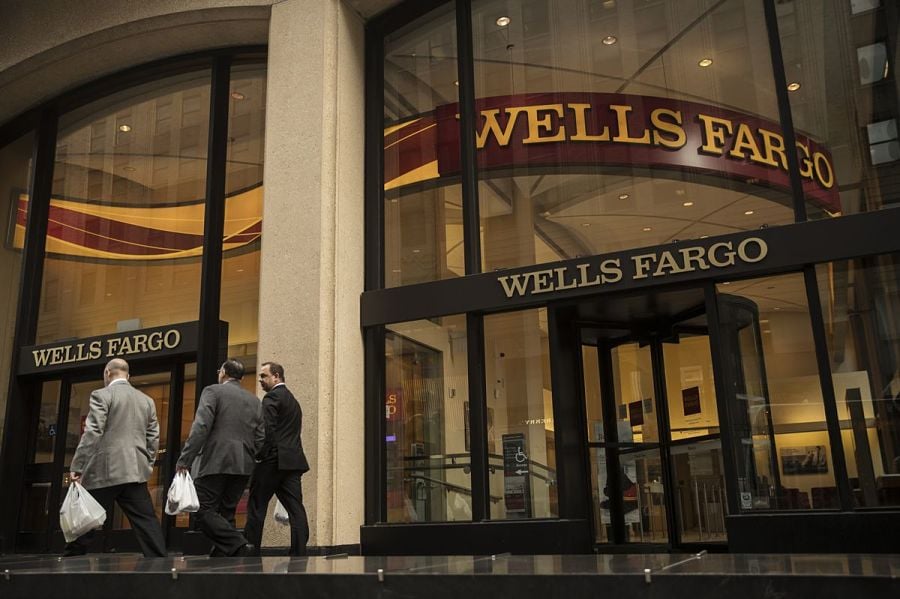

Wells Fargo & Co.'s first-quarter earnings, released Tuesday morning, showed weakness across the board in its wealth and investment management group, which includes Wells Fargo Advisors, with drops in total assets, advisory assets and net interest income when compared to the same quarter in 2019.
Such declines have been widely expected, as the giant brokerage with 13,450 registered reps and financial advisers, along with the rest of the wealth management industry, comes to terms with the impact of the first quarter's sharp decline in stocks as the broad economy grapples with effects of COVID-19.
"We are seeing the start of firms becoming defensive as they do staffing hiring freezes, cut backs on recruiting transition money, and implement product restrictions on investments they perceive having large downside risk going forward, such as real estate investments that are leveraged or illiquid," said Jon Henschen, an industry recruiter.
"We see this trend accelerating at a pace that will match market conditions," he added. "So, hypothetically, if the [Dow Jones Industrial Average] goes down to say 15,000, we would see major cost cutting and layoffs, while if it retreats from current levels to around 20,000, we don't see much change from the current trend."
The Dow early Tuesday afternoon was trading close to 24,000, up 2.4% for the day. For 2020, the Dow is down about 17% through early Tuesday afternoon.
Wells Fargo's wealth and investment management business saw year-over-year declines in total assets to $1.6 trillion, a drop of 12%, and advisory assets in retail brokerage of $499 billion, a drop of 9% when compared to the end of March 2019. In a presentation, the company pointed to lower market valuations and net outflows in its clearing business for other broker-dealers as the drivers for the declines.
Meanwhile, the wealth and investment management group at Wells Fargo also reported a year-over-year drop at the end of March in net interest income of 21% to $867 million for the quarter, primarily due to the lower interest rate environment, but partially offset by higher deposit balances, according to the company.
And advisers will be watching how their firms respond in the coming months, said Jodie Papike, president of Cross-Search, a recruiting firm.
"Advisers will be looking at how well capitalized their broker-dealer is and how well can it support him or her through this difficult time," Papike said. "That’s repeating history. We saw the same thing in 2008 and 2009. Advisers wanted to know if their firms were stable and what was the plan to support their businesses."

Integrated Partners is adding a mother-son tandem to its network in Missouri as Kestra onboards a father-son advisor duo from UBS.

Futures indicate stocks will build on Tuesday's rally.

Cost of living still tops concerns about negative impacts on personal finances

Financial advisors remain vital allies even as DIY investing grows

A trade deal would mean significant cut in tariffs but 'it wont be zero'.
RIAs face rising regulatory pressure in 2025. Forward-looking firms are responding with embedded technology, not more paperwork.
As inheritances are set to reshape client portfolios and next-gen heirs demand digital-first experiences, firms are retooling their wealth tech stacks and succession models in real time.
